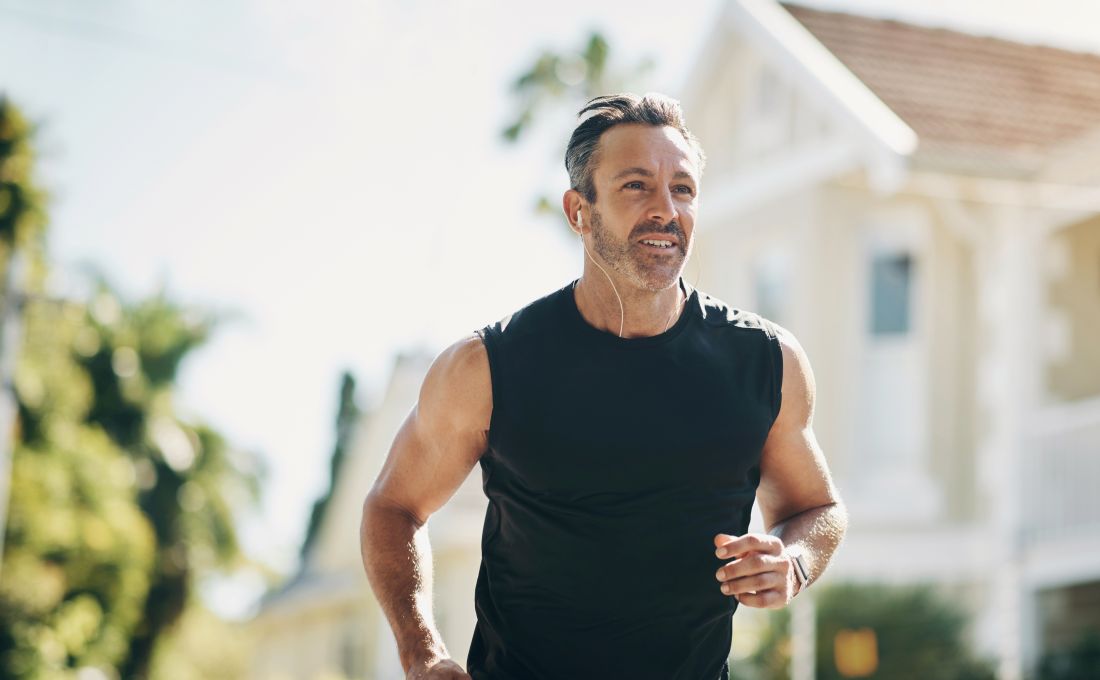
What are some non surgical, lifestyle changes options to treat Sleep Apnea?
- Weight loss
- Exercise
- Good sleep hygiene
- Positional sleeping
- CPAP
Am I at risk?
Studies show that individuals with a body mass index (BMI) greater than 27 are at increased risk of having apnea. Therefore, decreasing one’s BMI to < 27 would either lessen the risk of having apnea, or would decrease the degree of apnea.
What are some common cure options for me?
- Sleeping on the side usually results in less snoring, and less apnea, as opposed to sleeping on the back.
- Sleeping on the back usually increases the chance that the tongue or the soft palate will flop or fall backwards and obstruct the airway.
- Good sleep hygiene: Being disciplined about having a regular sleep schedule and a regular bed time to fall asleep can improve sleep hygiene.
- Maintaining a disciplined and regular exercise regimen helps with sleep hygiene.
- Bedroom conditions: The bedroom should be dark, quiet, and well-ventilated. There should be no noise or distractions in the bedroom.
What things should I avoid?
- Avoiding exercise, alcohol, caffeine and other stimulants at bedtime will improve sleep hygiene.
- Quit smoking: smokers are twice as likely to have apnea compared with non smokers.
- Activities such as reading in bed or watching TV can stimulate the brain and impede sleep hygiene, so these activities should be avoided when going to be.
- Minimize day-time naps. If one must nap, keep the nap time to less than 30 minutes.
Call Chevy Chase ENT for more information or to schedule an appointment.